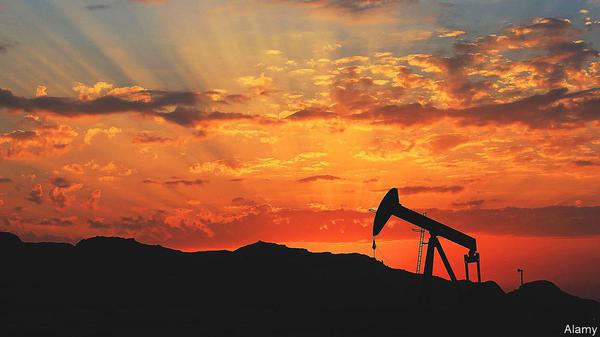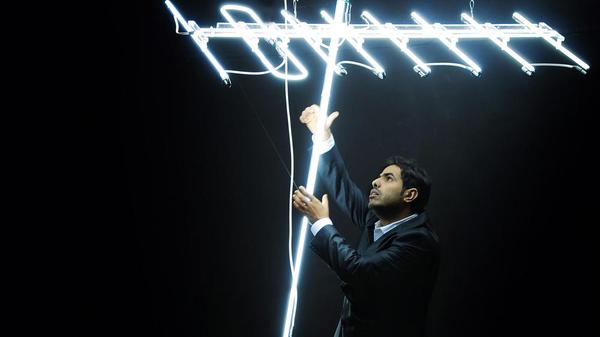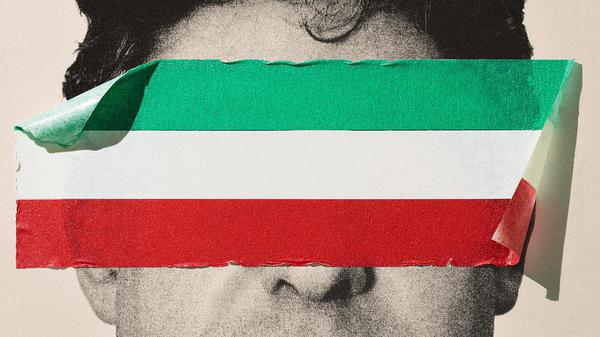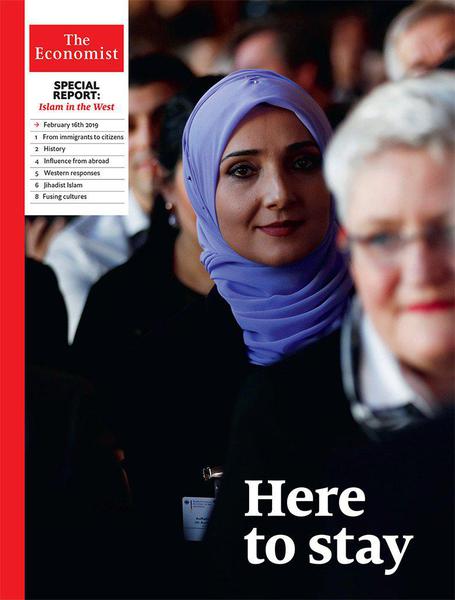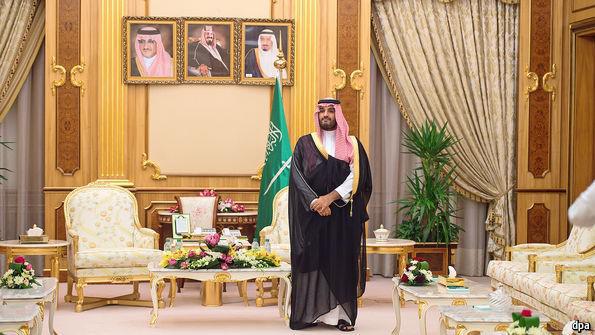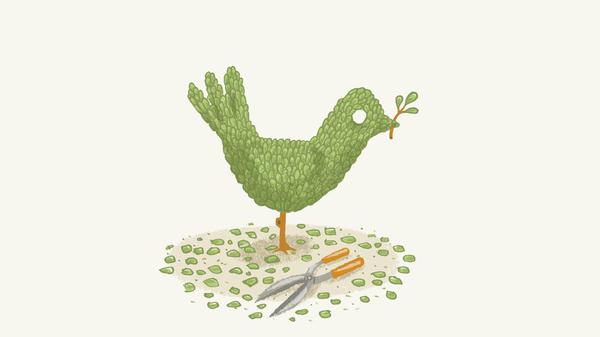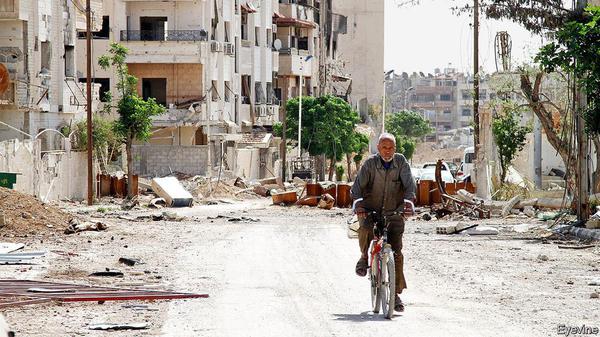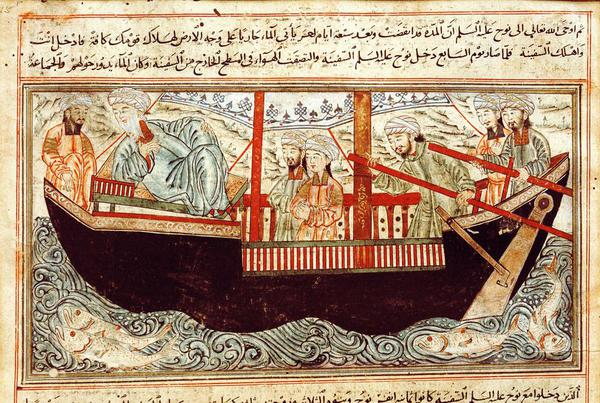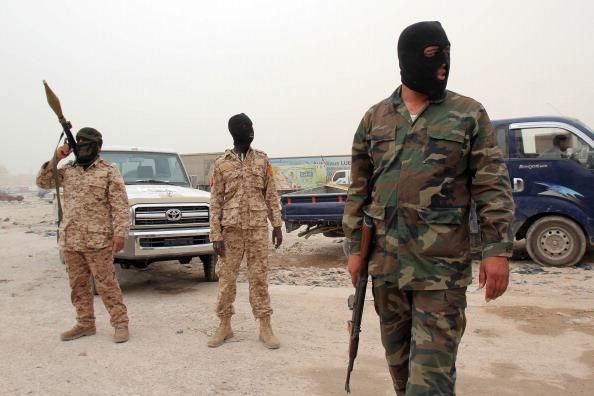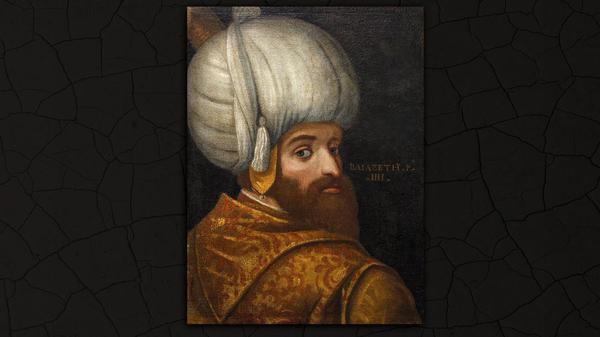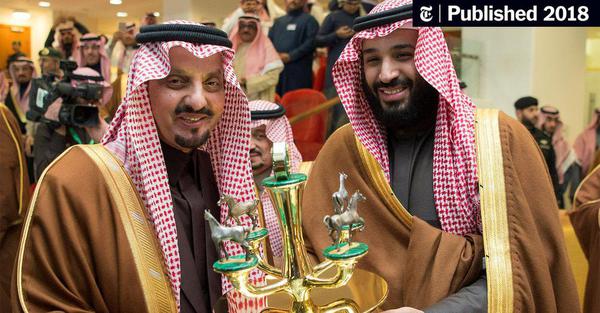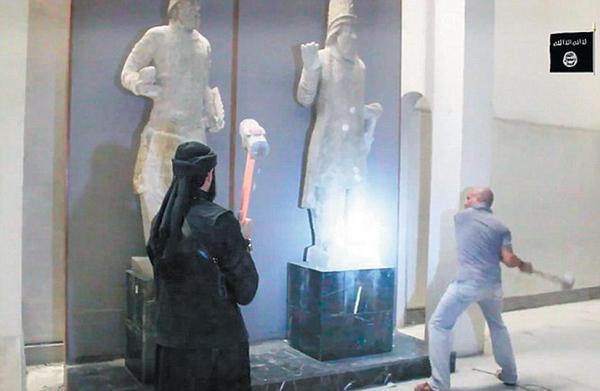The end of the Arab world’s oil age is nigh
Their budgets don’t add up anymore. Algeria needs the price of Brent crude, an international benchmark for oil, to rise to $157 dollars a barrel. Oman needs it to hit $87. No Arab oil producer, save tiny Qatar, can balance its books at the current price, around $40 (see chart).
So some are taking drastic steps. In May the Algerian government said it would slice spending in half. The new prime minister of Iraq, one of the world’s largest oil producers, wants to take an axe to government salaries. Oman is st
 Filters & Sorting
Filters & Sorting
